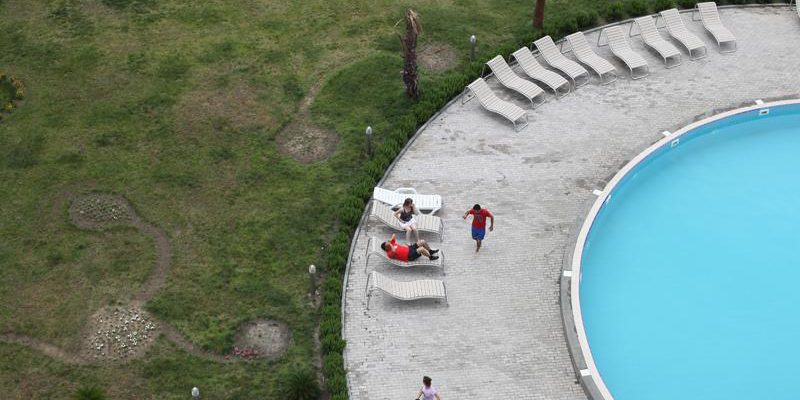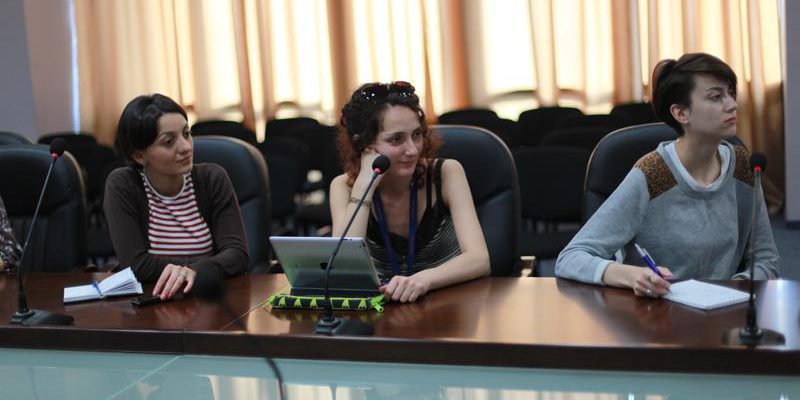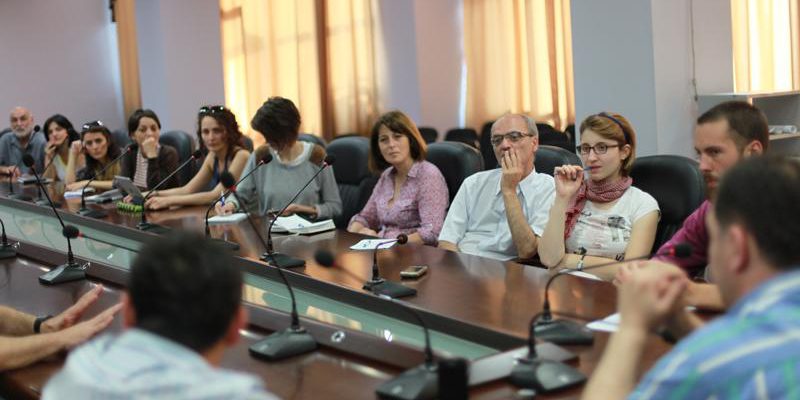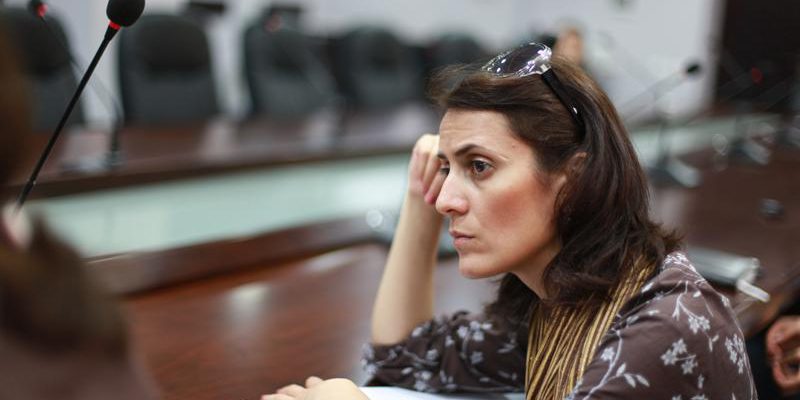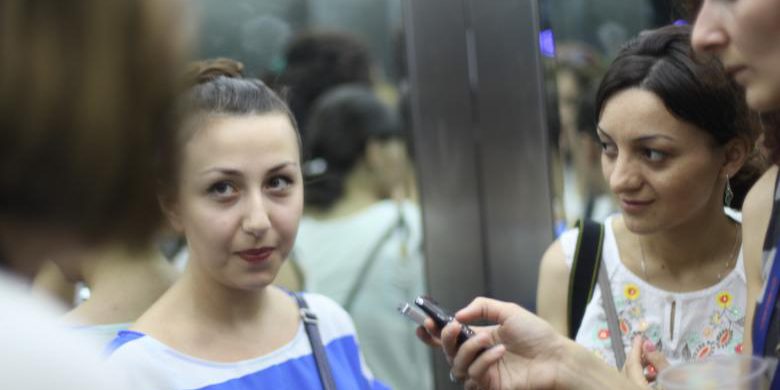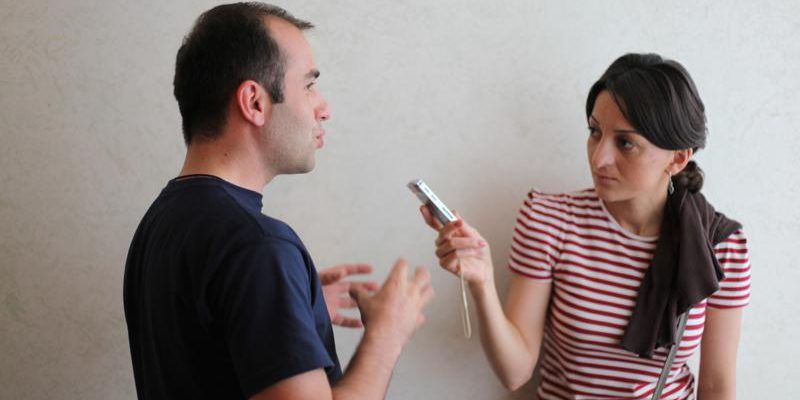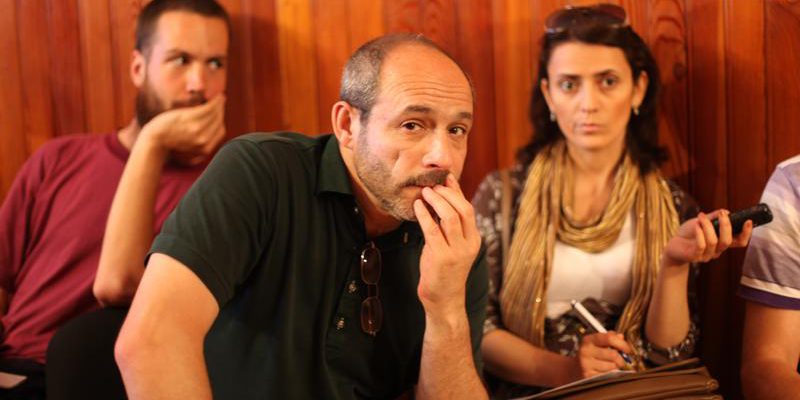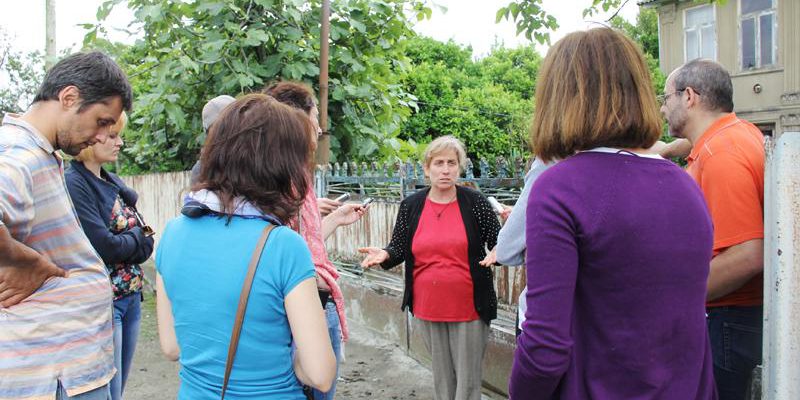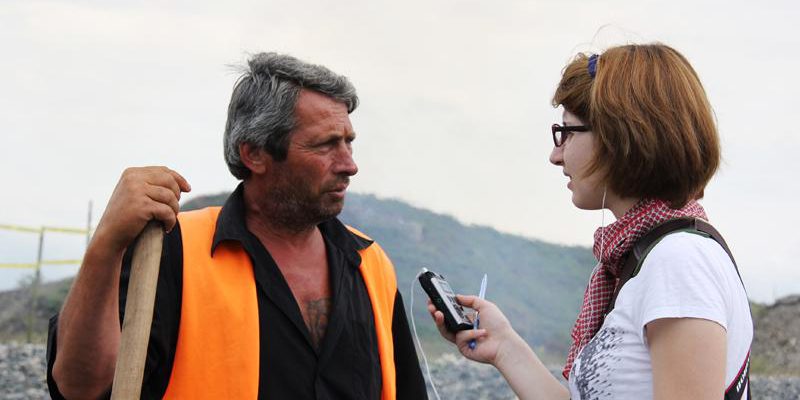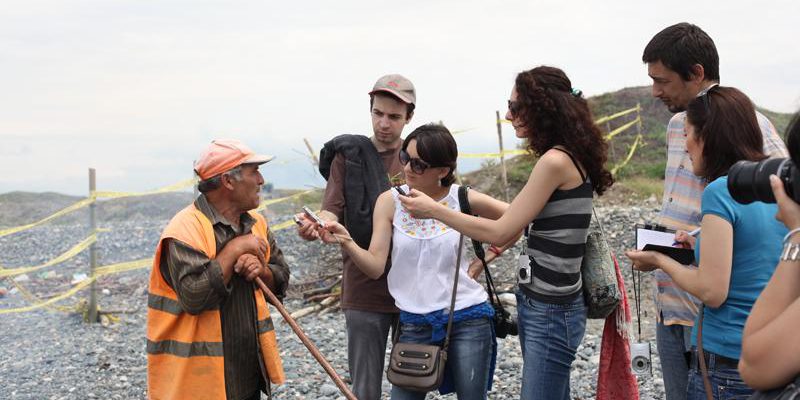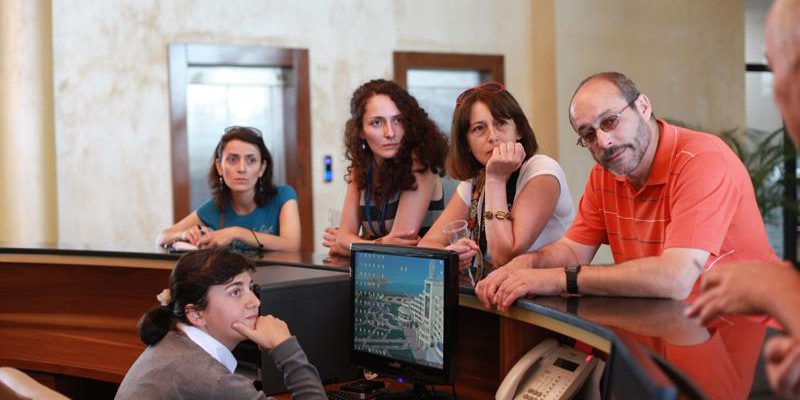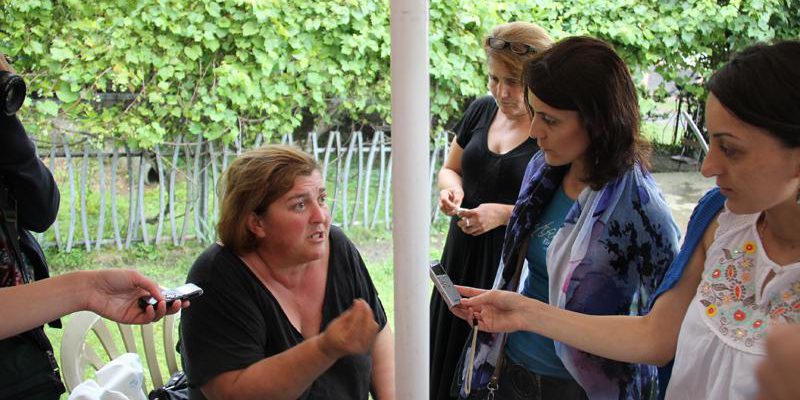An imaginary city | Lazika
In 2011, Go Group organized a journalistic expedition to Western Georgia, to the place of the planned construction of a new city – Lazika, where some work was already underway. Expedition participants were interested in how realistic plans to build an entire city were and in the details of the project.
In 2011, the possibility of building what was supposed to become the second largest city in Georgia was truly being considered, although there was no work plan, no expense items or environmental studies. The authors of the idea only said that Lazika should conquer the whole world: in beauty, functionality and its liberal economic policy.
The construction of Lazika was supervised by the Ministry of Justice, and it was the representatives of this department who claims that in only 2 years the settlement of the new city would begin. It had not yet been clearly determined what the city would be like, but a special conference has already been planned for investors who might be interested in the idea of building a new city.
It was supposed to build a city on the territory, part of which is part of the Colchis National Park and is protected by the Ramsar Convention. Actually, it was this circumstance that caused the journalistic expedition to the Colchis Lowland. Trip participants were interested in the environmental aspects of the project. They held discussions with experts, first in Tbilisi, and then directly on the spot in Western Georgia.
Back in Tbilisi, reporters at first glance got acquainted with the alarming forecast of some environmentalists. Oii, in particular, warned that the construction of the city could result in the advancement of the sea up to Kutaisi itself. Later reporters realized that sometimes experts exagerate the dangers. For example, in Tbilisi they were told that the cellars of hotels in Anaklia are flooded with water. But the expedition already in place revealed that there was no such problem at all.
In Lazika, journalists spent a lot of time communicating with local residents. Some thought that the population of Anaklia was divided into two – supporters and opponents of construction, but later it turned out that some people simply feared a frank conversation with representatives of the press because they were concerned about possible ‘trouble’ in the future.
During the expedition, it turned out that many residents of Anaklia were forced to cede their own land to the state for the construction of Lazika. Local and central authorities assured reporters that compensation was provided to all such residents. However, human rights defenders and local journalists have reported many misunderstandings and violations that have seriously hurt owners.
As a result, the Lazika project did not take place and all the plans were left only in the imagination of the representatives of the authorities of that period.
Participants:
Samira Ahmedbeyli, Azadlyg newspaper, Baku
Alexander Avanesov, Arminfo news agency, Yerevan
Mariam Betlemidze, free-lance journalist, Tbilisi
Vadim Dubnov, RIA-Novosti news agency, Moscow
Beka Gomelauri, Mtsvane Talga radio channel, Tbilisi
Ani Hovasyan, Heqt news agency , Yerevan
Nijat Mustafayev, APA news agency, Baku
Nino Narimanishvili, Southern Gates newspaper, Akhaltsikhe
Zhanna Ulyanova, Gazeta.Ru, Moscow
Olesya Vartanyan, Ekho Kavkaza radio channel, Tbilisi
